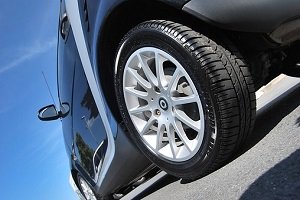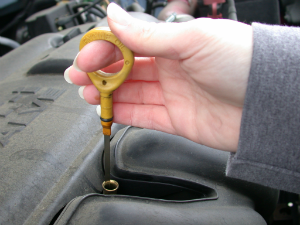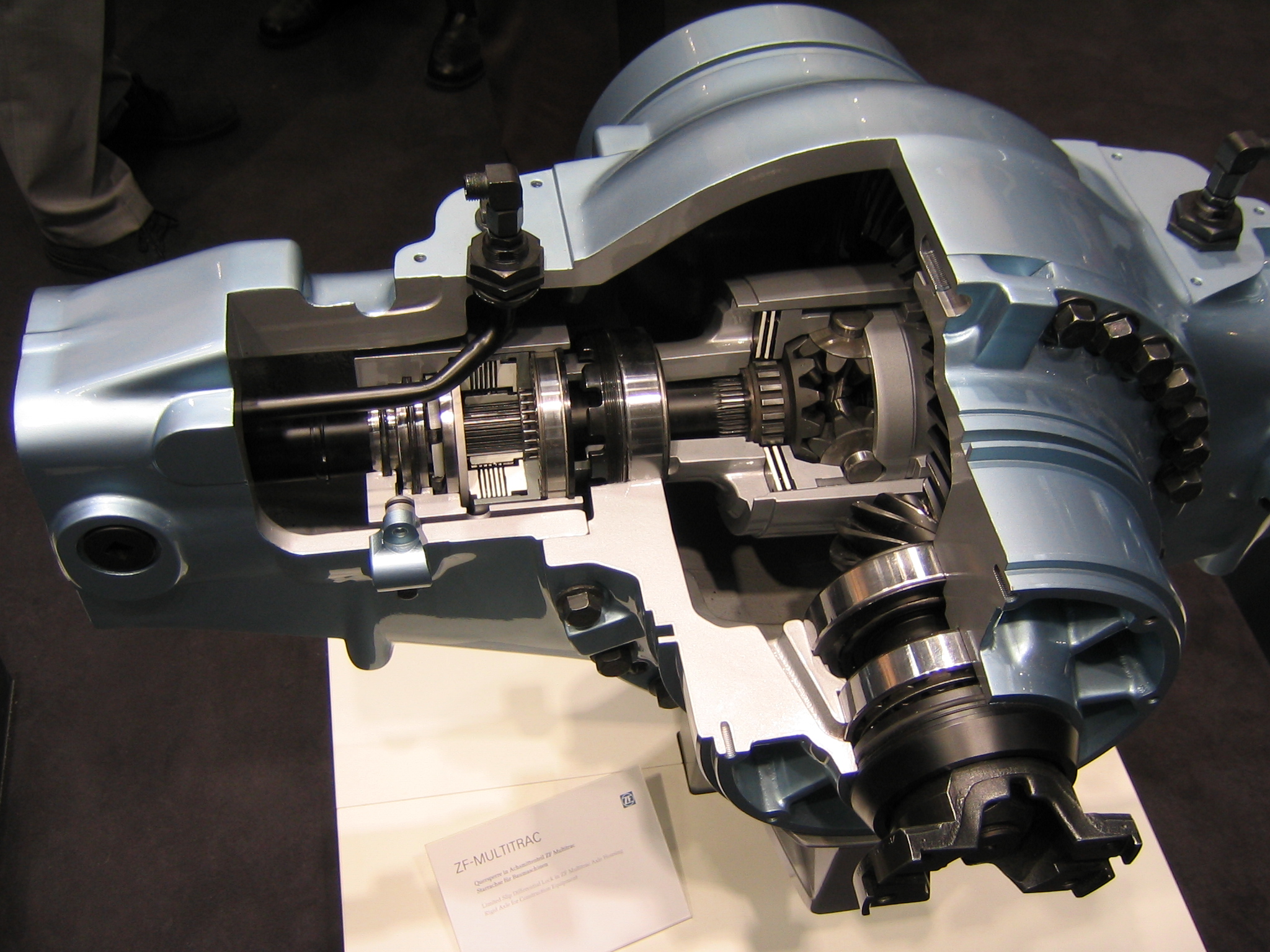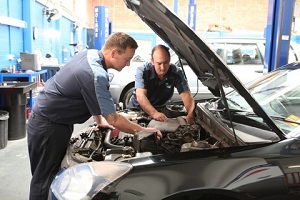Back to School Checklist
Why is my Car Shaking?

How To Maintain A New Car
So you got a new set of wheels – congratulations! You’re going to want to hang onto it as long as possible, so you’ll want to keep it maintained as well as you  can. Here are some suggestions:
can. Here are some suggestions:
First, read the owner’s manual carefully and stick to manufacturer’s recommendations for service intervals. There are certain things that are critical enough that failure to adhere to recommendations can void a new car warranty. Don’t let that happen!
For instance, just about every manufacturer recommends synthetic oil for their engines; it provides better protection in just about every respect, and it’s more stable at high and low temperatures. If your owner’s manual prescribes a 10,000-mile oil change, stick with that and be sure to use the bra ...[more]
Your Car’s an Investment – Protect It
You rely on your car every day, and you have a lot of money tied up in it. It’s probably one of the more valuable things you own…so make sure you get the most out of that investment:
Oil changes: Changing your motor oil at regular intervals will ensure long engine life by cutting wear and friction and helping to prevent the buildup of sludge  and carbon on internal engine assemblies.
and carbon on internal engine assemblies.
Cooling system: Older cast-iron engines could overheat with no serious consequences, but not so with today’s aluminum blocks and heads. Your engine’s coolant has a finite life and should be changed and flushed at regular intervals to prevent accumulation of scale and corrosion in the radiator, heater core and water pump.
Finish: ...[more]
Regular, Synthetic or Blend...What Kind of Oil Do I Need?
 At one time, there were only a couple of choices for motor oil. Today, that is no longer the case, and hasn't been for quite some time. Here's a quick breakdown of what you need to consider when it's time for an oil change:
At one time, there were only a couple of choices for motor oil. Today, that is no longer the case, and hasn't been for quite some time. Here's a quick breakdown of what you need to consider when it's time for an oil change:
- Viscosity: Viscosity is how thick your oil is, and how it retains its pour properties at various temperatures. In this respect, synthetic oil is far superior. Conventional oils will thicken in cold weather and thin out when very hot, while the viscosity of synthetic is much more uniform. Check your owner's manual -- many newer models require a thinner, lower-viscosity oil, which also helps the engine run more efficiently. Viscosity is expressed as a numerical value -- the lower the number, the thinner the oil. Many are designed to work a ...[more]
Differential Service: Too Often Neglected by Drivers

Winter Safety Tips – Don’t End Up In the Ditch!

The Holidays Are Coming – Is Your Vehicle Ready?

Winter is Coming

How To Update Your Auto Repair Routine

| 123 | Next >> |



